Asaduddin Owaisi slams Pakistan, calls it 'epicentre of Takfirism'
Thu 05 Jun 2025, 01:02:37
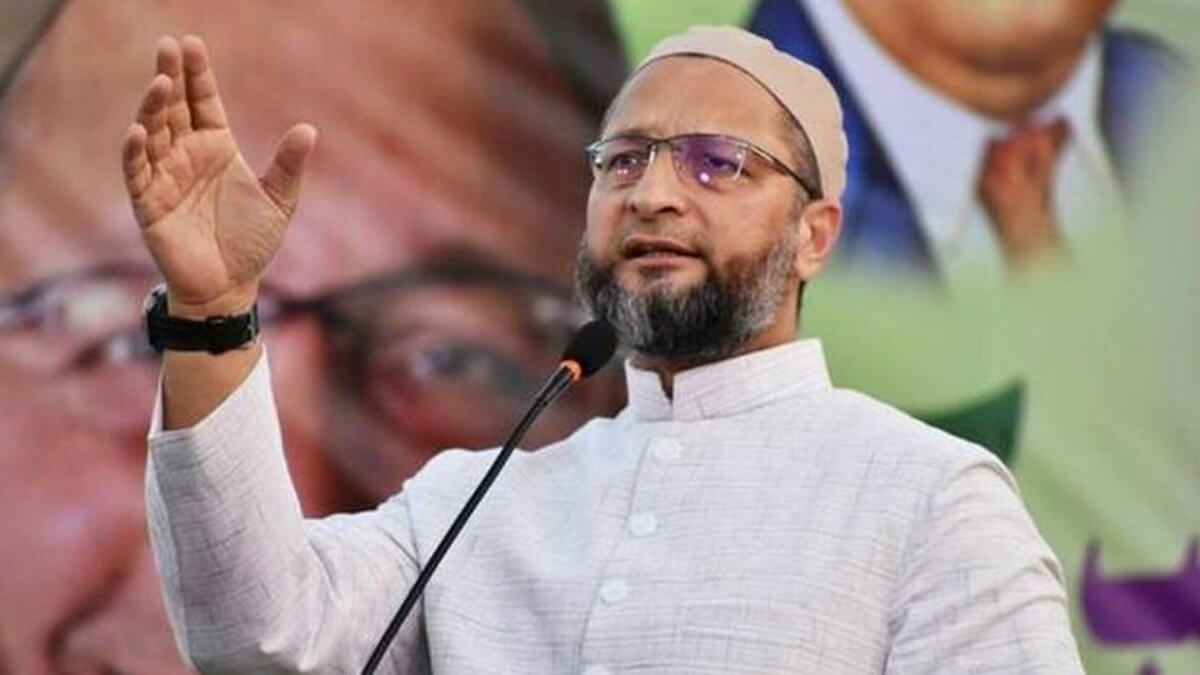
All India Majlis-e-Ittehadul Muslimeen (AIMIM) President and Member of Parliament (MP) Asaduddin Owaisi, part of a multi-party Indian parliamentary delegation led by BJP MP Baijayant Panda, has sharply criticised Pakistan during an official visit to Gulf nations. The delegation, which included leaders across party lines, visited four countries- Saudi Arabia, Kuwait, Bahrain, and Algeria- to strengthen diplomatic engagement and highlight India’s stance against cross-border terrorism.
Speaking to the media, Owaisi described Pakistan as the "epicentre of Takfirism," and accused its government, deep state, and intelligence agency ISI of actively supporting terrorism through illicit financial channels. He emphasised that the core driver of terrorism remains illegal financing, and urged the international community to intensify monitoring mechanisms.
Asaduddin Owaisi said, "The four countries we visited have all, at some point, been victims of terrorism perpetrated by Al-Qaeda. For instance, in Saudi Arabia, the Riyadh bomb blast in May 2003 was carried out by Al-Qaeda. We told them that India, too, has been a victim of such terrorism. When it comes to the ideology of groups like Al-Qaeda, Daesh, LeT, JeM, or others, there’s no difference. They all believe in and even justify killing innocent people. Pakistan has now become the epicenter of Takfirism."
On his delegation’s visit to four countries- Saudi Arabia, Kuwait, Bahrain, and Algeria, AIMIM Chief Asaduddin Owaisi said, "Our visit has been good. The delegation was led by BJP MP Baijayant Panda, and I must give him credit, he articulated India’s position very clearly and strongly. All members of the delegation fulfilled their responsibilities effectively. We presented India’s case firmly, informing our counterparts and key leadership in each country about Pakistan’s role in supporting terrorism in India. We highlighted several incidents attributed to Pakistan that have led to the loss of innocent lives, the most significant being the Pahalgam
attack. Overall, it was a collective effort."
attack. Overall, it was a collective effort."
Owaisi also highlighted that the four countries visited were instrumental in supporting India’s successful diplomatic efforts to place Pakistan on the Financial Action Task Force (FATF) grey list in 2018. The nations are members of key multilateral institutions such as the Organisation of Islamic Cooperation (OIC), the Gulf Cooperation Council (GCC), and the Middle East and North Africa Financial Action Task Force (MENAFATF). One of the countries, he added, is currently a non-permanent member of the UN Security Council.
Referring specifically to the April 22 Pahalgam terror attack, Owaisi said the Indian delegation informed officials that the terrorist group involved—The Resistance Front—is simply a rebranded version of Lashkar-e-Taiba (LeT), a fact already communicated by India to the United Nations Security Council under Resolution 1267. He also pointed to a provocative speech made by Pakistan Army Chief General Asim Munir on April 15 as part of the broader radicalisation narrative emerging from Pakistan.
“Where is the money going in Pakistan when 40% of its population lives in poverty? Yet terrorism continues to flourish, aided by the Pakistani government, its deep state, and ISI,” Owaisi remarked. He also drew a stark comparison, stating that a form of polio still exists only in Afghanistan and Pakistan, underscoring the governance deficit in the region.
The Indian delegation, which included MPs from the BJP, AIMIM, and other parties- such as Nishikant Dubey, Phangnon Konyak, Rekha Sharma, Satnam Singh Sandhu, Ghulam Nabi Azad, and former Foreign Secretary Harsh Vardhan Shringla- used the visit to present India's counter-terrorism narrative and provide briefings on the April 22 attack as well as Operation Sindoor.
Engaging with regional leaders, the delegation sought support for India's efforts to bring Pakistan back onto the FATF grey list and bolster global cooperation in combating terrorism financing.
No Comments For This Post, Be first to write a Comment.
Most viewed from Asaduddin Owaisi
Most viewed from AIMIM
AIMIM News
Latest Urdu News
Most Viewed
May 26, 2020
Is it right to exclude Bangladesh from the T20 World Cup?
Latest Videos View All
Like Us
Home
About Us
Advertise With Us
All Polls
Epaper Archives
Privacy Policy
Contact Us
Download Etemaad App
© 2026 Etemaad Daily News, All Rights Reserved.












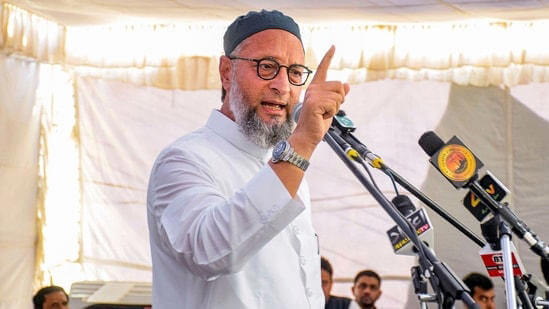






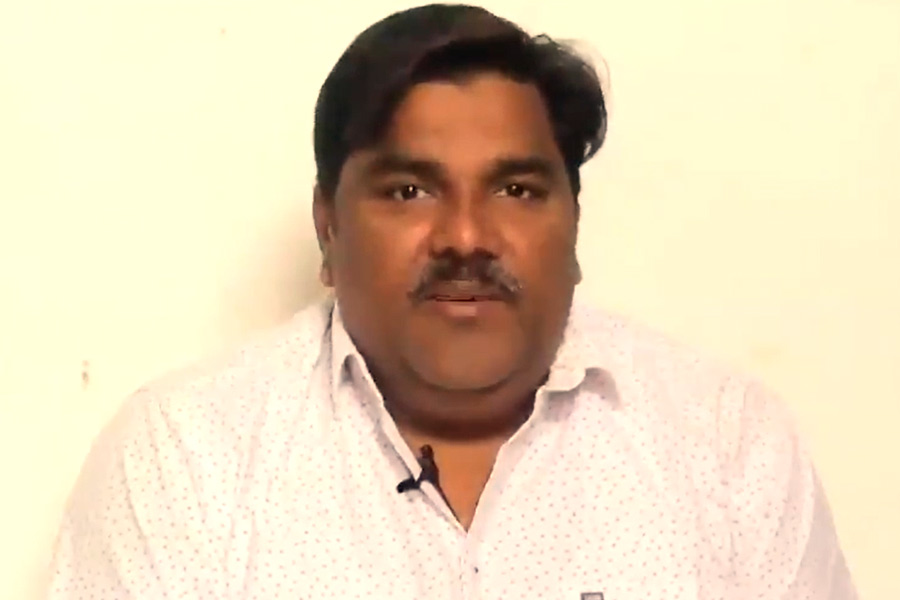

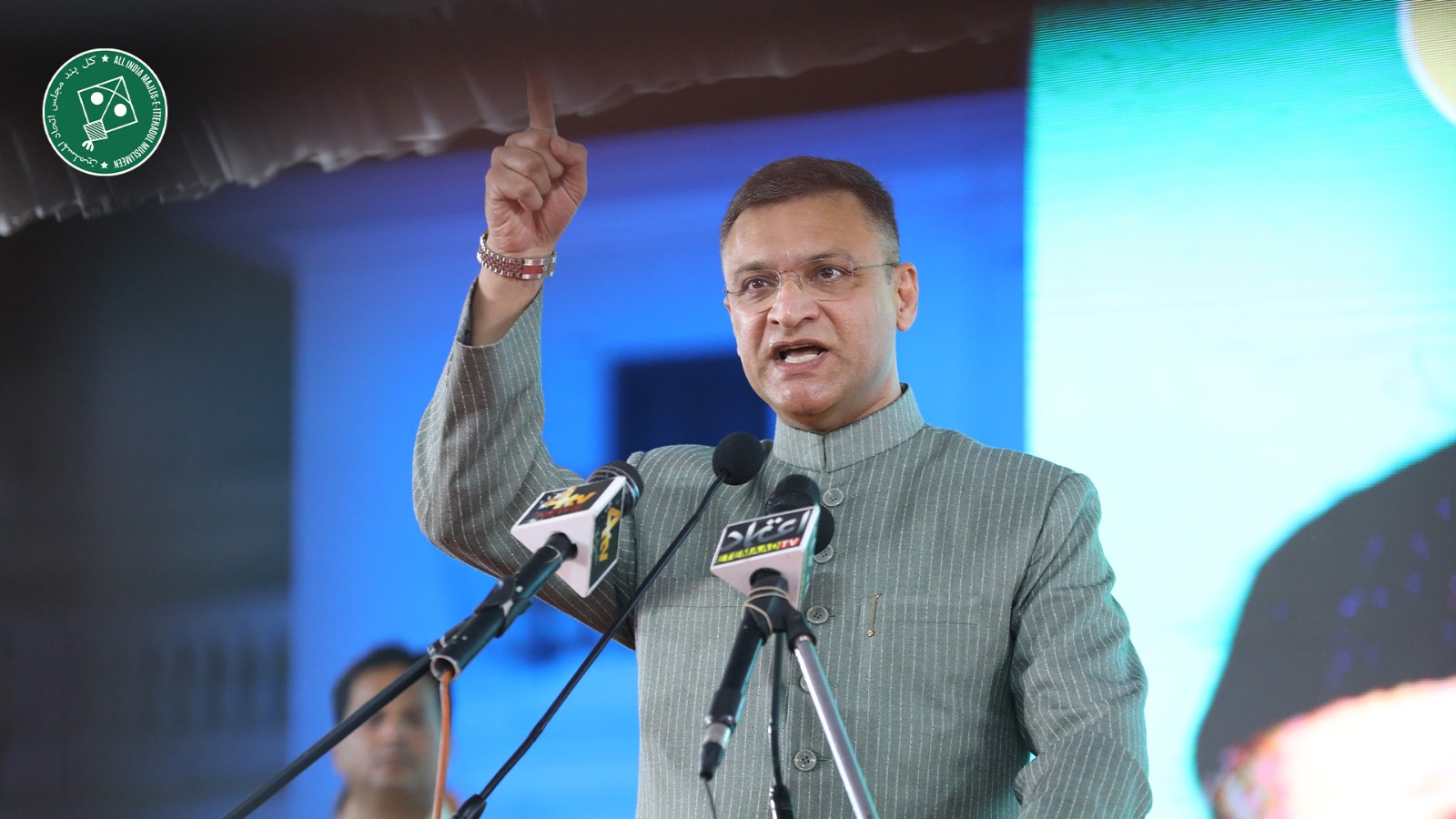
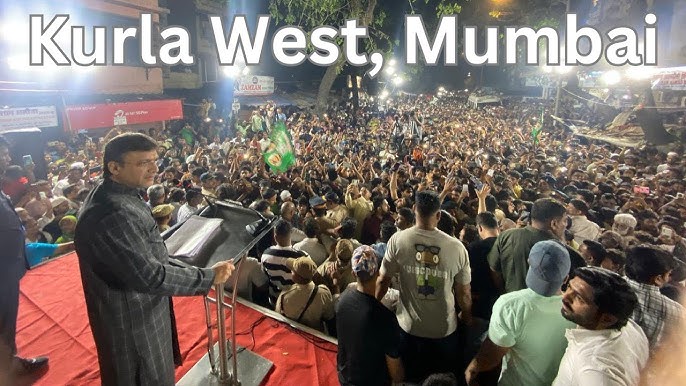
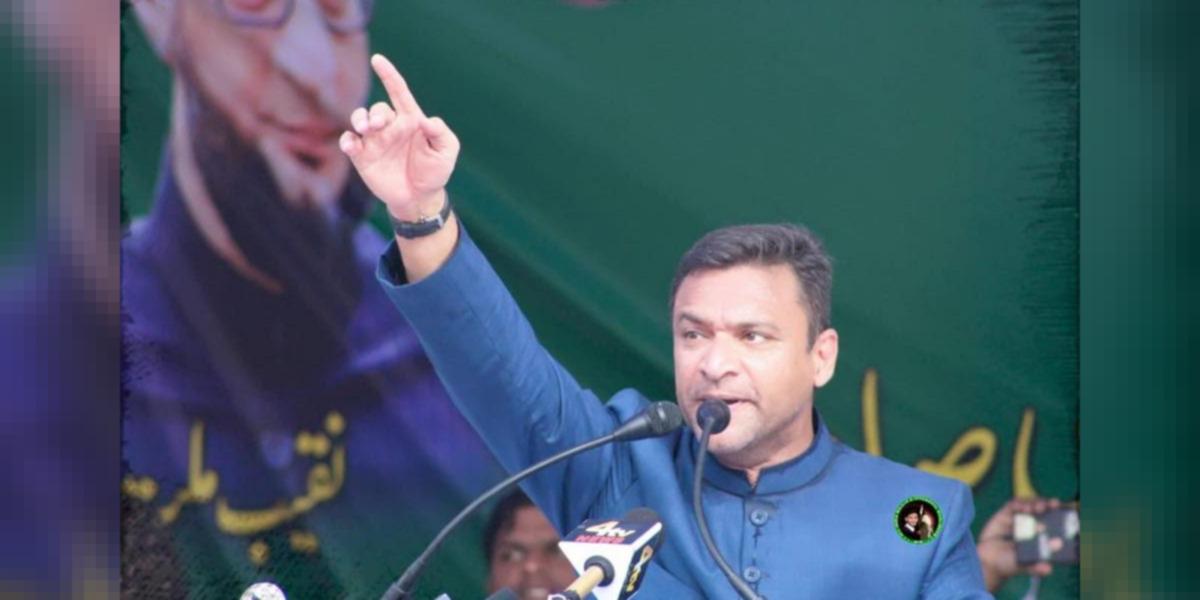
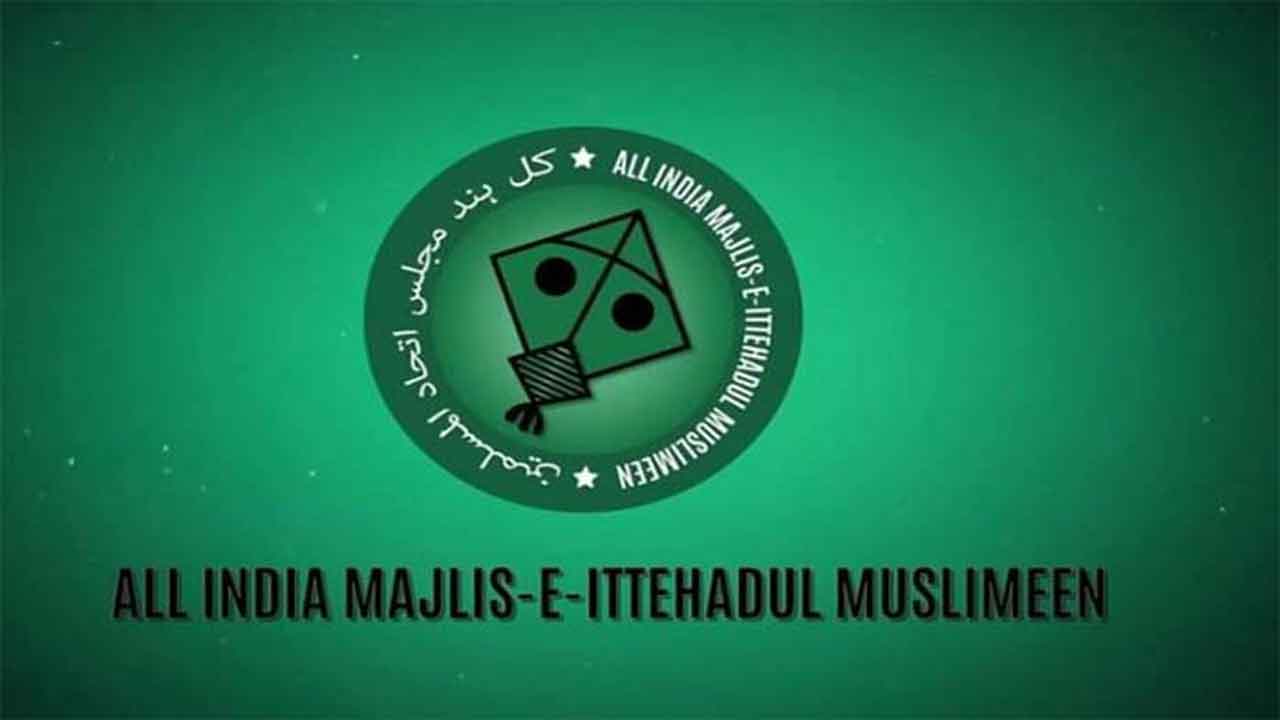

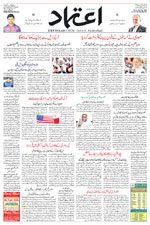


.jpg)
.jpg)
.jpg)


